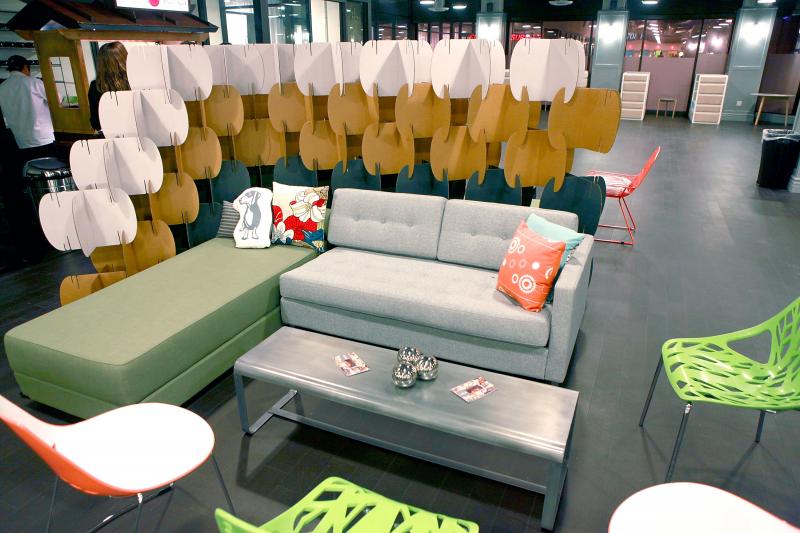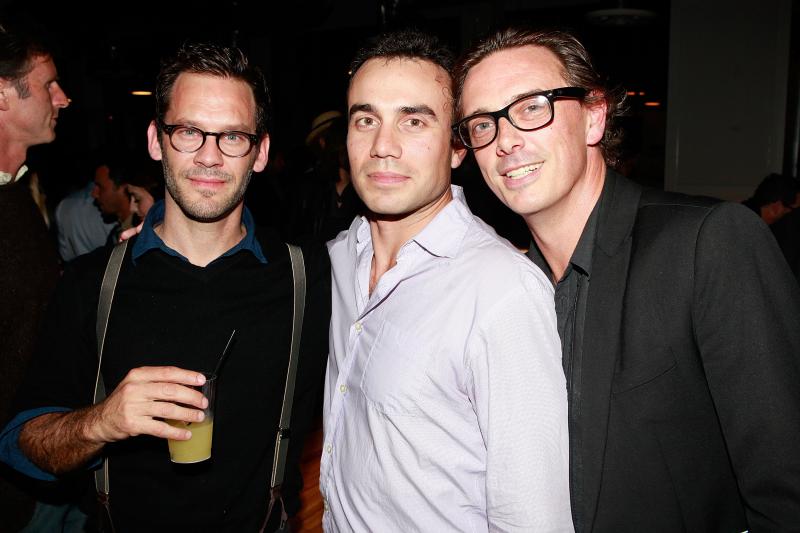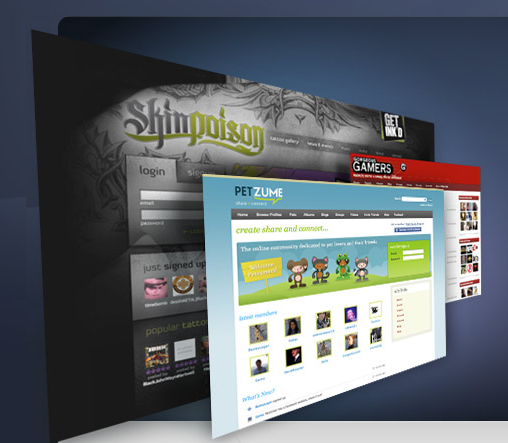The Los Angeles Silicon Beach Tech Scene Spreads East

Now the L.A. tech boom is making its way to the Eastside. io/LA, which opened in early April in Hollywood, is one of the few incubator programs trying to tap directly into the network of entrepreneurs based further east.
"We're sort of positioning ourselves as an alternative to the Westside,” says co-founder Donovan Leitch. “There's bound to be some people who don't live in Santa Monica, Culver City and Venice who are commuting every day. We want to tap into that community.”
The founders of io/LA want to merge entertainment and tech businesses by bringing entrepreneurs from both sectors under the same roof. Film directors, producers and screenwriters can bounce ideas off video game designers and computer programmers – and vise versa – to collaborate to make new products. They call it a “physical social network.”

Part of io/LA’s strategy is to draw on the talent from the entrepreneurs from the big studios and companies, along with people honing their skills at nearby universities such as Cal Tech, USC and Harvey Mudd.
io/LA’s founders want their first three-month incubator program to turn four-to-five startups into viable companies that harness the city’s entertainment and tech industries. The startups get $25,000 for 8 percent of the company, along with access to mentorship from industry veterans. The goal is to get the businesses ready to pitch for second-seed funding by the program’s end. “We’re trying to give them everything they need to be laser-focused on starting a company,” says co-founder Aber Whitcomb.
The focus on tech and innovation comes as old media companies like movie studios are struggling to adapt to new media epitomized by YouTube. "There's a demand for technology in Los Angeles," Leitch says. "As you've got these old media companies in there last death knells, there's a new energy here."
Incubators and accelerators are crucial especially for entrepreneurs who want to network and collaborate, but might otherwise work from home in isolation, says Greg Cohn, an investor who was formerly the head of Yahoo! Games. He’s lived in L.A. for about a decade and has seen the emergence of an “ecosystem” of entrepreneurs and some angel investors. "Those $25,000, $30,000 and $100,000 checks make a big difference for someone who's trying to get a company off the ground," he says. That funding helps tech people keep the lights on while they develop business models.
But until recently, Eastside has not been as well served, Cohn says. He and his business partner Alex Benzer recently started SilverLakeHQ, a small office space in L.A.’s trendy Silver Lake neighborhood that operates like a co-op for startups.
While SilverLakeHQ does not fund startups, it offers workspace, networking events, collaboration and guidance for its group of member companies. One of their startups, Green Business Base Camp, offers educational services for green tech companies.
Benzer’s venture, SocialEngine, helps companies create their own social networking sites; with only 11 employees, it has 9,000 customers and did $1.4 million in revenue last year. He developed the company for four years in isolation before getting picked up by Tech Stars, an incubator program in Boulder, Co.

“Greg especially knew there was a high volume of creative people on the Eastside working for studios or larger tech companies that wanted to leave and work on startups," Benzer says.
While Santa Monica has more buzz, Benzer says, it’s hard to find the right people to work with because there is already so much competition among companies vying for the talent. “Greg and I see the Eastside as a kind of blue water,” he says.
Even with all the excitement, Los Angeles still can’t compete with the Bay Area. The L.A./Orange County region received nearly $2 billion in VC funding in 2011, but was dwarfed by Silicon Valley’s $11 billion.
"The investors here are a lot more risk averse,” says Nik Bauman of subscription coffee company Tonx. “They're less willing to float pure technology companies because they don't have the network to flip those companies and make a return."
As a result, the Eastside has a shortage of early-stage investors, with the exception of some like Pasadena Angels. While that has made it difficult for companies to raise money, Benzer argues startups in Los Angeles are more focused on revenue.
Bauman says Tonx tries to avoid the glitz of the startup culture. "There's a glamour around being a startup, which we don't really need to embrace," he says. "We want to be a part of the entrepreneurial community, but it's not our identity."
Bauman and co-founder Tony Konecny created an example of a web-based startup with a physical product: fresh specialty coffee. They’re trying to push coffee in the same direction of craft beer, which has enjoyed a surge in specialty products. "I've been pulling my hair out for years,” says Konecny. “The general quality of the coffee at the specialty level has gone way up, but the consumer experience is still, wait in line at a coffee bar and roll the dice."
To Greg Cohn and Alex Benzer, Tonx embodies the spirit of the Eastside startup scene. It’s a revenue-focused company with a simple business model, not to mention an eco-friendly hipster edge. What fits better with the Eastside’s do-it-yourself ethos than at-home specialty coffee from a locally based website? “They might be our first breakout success,” Cohn says. “We’re looking for people who are giving back to the community.”



